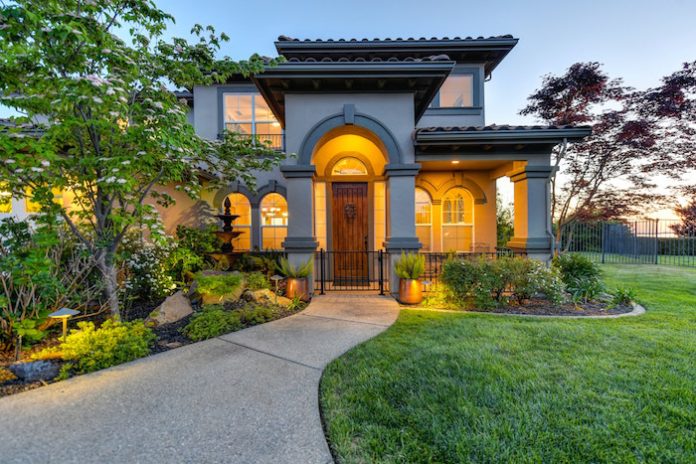One of the most lucrative businesses to start up is property development. It sounds all so glamorous to call yourself a property developer. But in truth, it is not an easy industry to start in; there are many considerations to take into account.
To start, you need to be realistic and understand you are getting into a new business, which means to research the market, understand the area you want to target, and get to know the market value in the region.
It would be best if you had a defined idea on what you want to achieve as your end goal. For example, is it to sell the property and make a profit or to let the property out.
You will also have to define the option you have:
- You want to renovate a run-down property
- You want to build a property from scratch
- You want to extend a property
- You want to convert an empty building
Once you have defined the goals, the next thing is to put together a business plan.
Planning Your Project
To get started, you must have a plan; your business plan will contain the research of the area and the market value. You will have all the costs involved in the project, and the costs may include the following:
- The land or property
- Cost of the build
- Planning permission
- Legal costs
- Finance costs
There may be many costs involved depending on what you are building. Your business plan will also contain your aims and goals and how the finances will be obtained. It will also include your cash flow and profits.
Getting the Finance
One of the most critical aspects of property development is getting the finances. Property development is not for people with slim wallets; buying and renovating a house, for example, is going to cost in the tens of thousands and even hundreds of thousands in more lucrative areas. Unless you have this money on hand, you need to find some property finance options for developments. Let’s look at some possible finance options available.
Bridging Loans
Bridging loans are short-term finance used for the property market. They are borrowed between a few weeks and twelve months in length. Bridging loans are secured against your existing property. You can usually borrow between 65% – 75% on the value of your property’s equity. They can be used to buy land, buy derelict properties, buy properties at an auction, to build costs, and much more. The lenders are usually quite flexible with this type of loan.
Development Finance
Another option you have is property development finance. Development finance is also short-term finance and is typically given in stages of the development. You can borrow up to 70% of the GDV (Gross Development Value) of your project. This form of finance works well with new builds, developing an empty building, or reconstructions.
Re-mortgaging
Another option you have is to re-mortgage a property you may own to finance your project.
JV Finance
Joint venture finance (or JV finance as it is typically known) is a form of funding where another party joins in the project to offer substantial funding for a share of the profits. As a new developer, this is an excellent option to go with, especially if you do not have the experience. A private investor may overlook your experience and merit the project on your business plan—more on the experience below.
Peer-to-Peer Lending
Peer-to-peer lending is a newcomer to the market of property finance. In this funding option, you will have many businesses or individuals put in small amounts of investment in the project for them to receive interest back on loan.
There are many options available for funding your project as a property developer. Still, the one thing you must take into account is that many lenders will want to see experience if the project is a mid-size or large project, especially for development finance.
Get to Know the Market
As a property developer, it is vital that you understand the property market and the region. Some regions have a cheaper property, and the letting yield is excellent. Other areas may have cheap land available and robust and stable house prices.
You can do some desktop research in places like Zoopla and Right Move to get a feel of the market and area you are entering.
Talking to estate agents in the area is also a good idea to understand the market value.
Buying Property or Land
Buying at the right price is essential—never get personal, remember it is a business, and look to buy below market value if possible to get the maximum ROI (Return on Investment).
Take your time and research different options. Here are some options you have:
- Auctions – There are some real bargains to get at auctions.
- Zoopla and Right Move – These are the most significant online places in the UK for property and land search.
- Social Media – There are groups on Facebook who are selling land and property.
- Estate Agents – Calling estate agents and getting on their books when bargains come up is a good idea. Many estate agents have a list of developers who they approach first when a development opportunity comes up.
Conclusion
Property development is not for the faint-hearted, as there is lots of planning, work and finance involved. However, the rewards can be astronomical if you have a good plan in place. As your experience builds, you can start to develop more significant projects.
Written by Adiel Khan at Property Finance Partners.
Property Finance Partners is a finance company based in the UK, providing structured finance solutions for property developers and investors in the United Kingdom and abroad.
Find a Home-Based Business to Start-Up >>> Hundreds of Business Listings.

















































